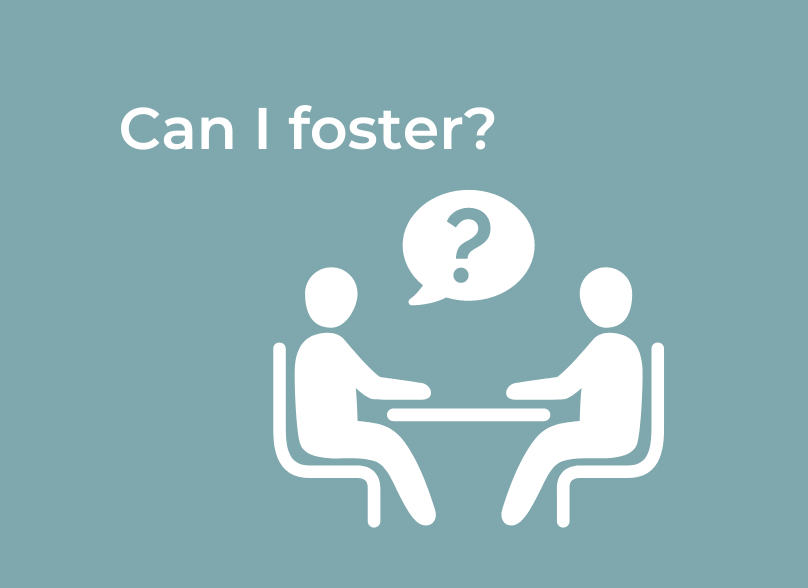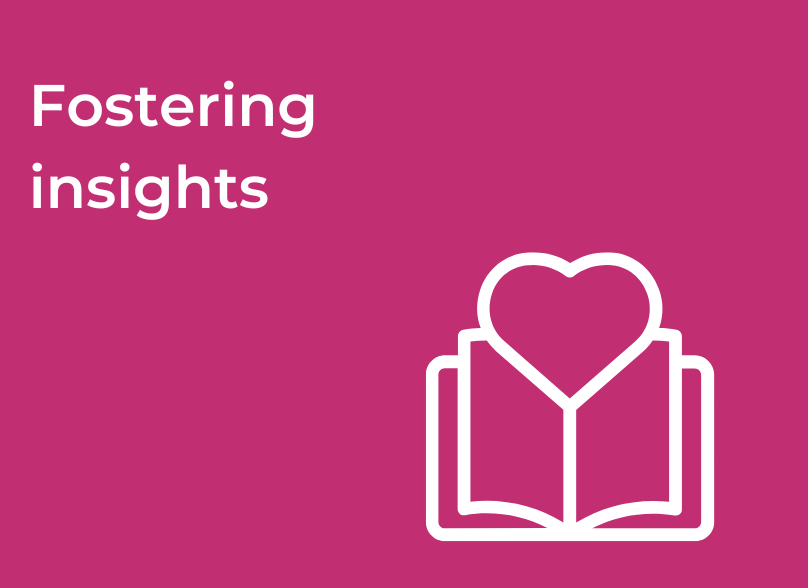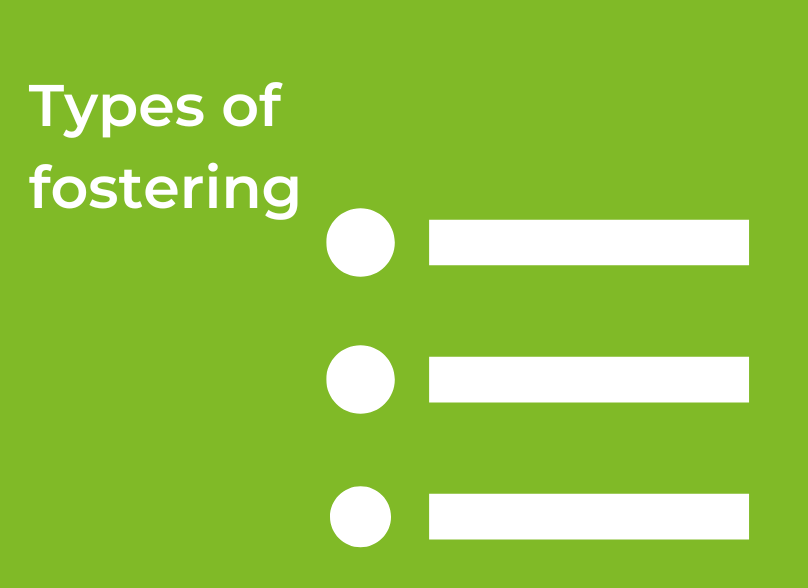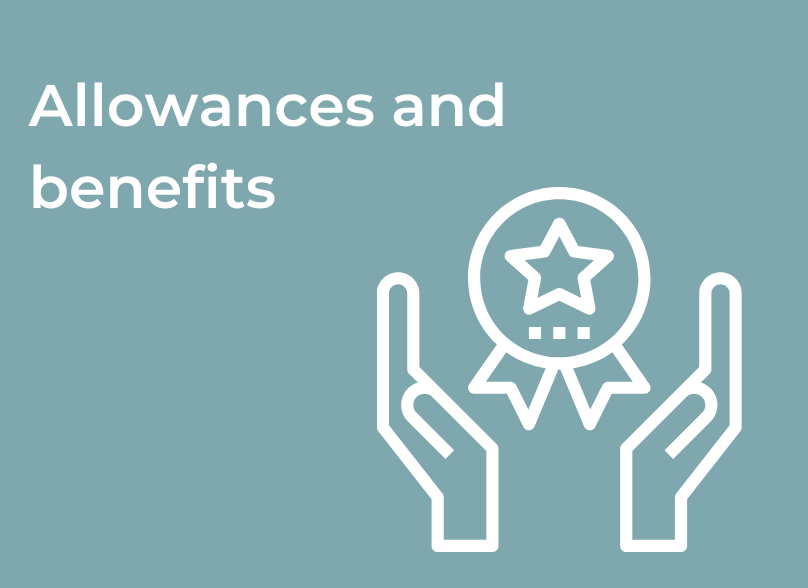Can I foster?
Fostering is a unique journey that changes lives, not just for children but for those who care for them. If you’re thinking of possibly becoming a foster carer, you might wonder: What does it take?
At its core, fostering requires a nurturing heart, resilience, and a commitment to provide a stable, loving home. Age, marital status, or homeownership are flexible, and there are no qualifications needed. As long as you’re able to create a safe space and dedicate time to a child’s needs, you can be a foster carer.
Things you should consider before fostering
Fostering is an incredibly fulfilling path, but it also comes with unique demands. Taking a moment to consider the full scope of what’s involved can help you to prepare for your journey.
Some of the main things to think about:
-
It’s a big personal commitment. Time, energy, and dedication are essential.
-
You’ll need to be flexible. Adapting to the child’s needs is key.
-
Whether you have any health conditions that could make fostering more difficult in the future.
-
How fostering will impact family members. It works best when everyone is involved and on board.
-
Whether your home is suitable for a young child or teenager.
-
The support network around you. You’ll get plenty of support from the agency, but having people who can help give you emotional support while you foster is really important.
-
Understand your rights as a carer.
-
Familiarise yourself with the role’s commitments.
-
Your experience with children, either through raising, working with or volunteering with them.
How to become a foster parent
Speak With Us
The first step is to get in touch! We’ll have a chat to learn more about you, answer your questions, and explain what long-term fostering involves. This is your chance to find out if fostering is the right fit for you.
Home Visit
Next, we’ll arrange a visit to your home. Don’t worry - it’s not about perfection! We’ll check that your home is safe and has enough space for a child, and we’ll talk more about what fostering looks like day-to-day.
Application Form
If you’re ready to move forward, you’ll fill out an application form. This gives us all the important details about you, your family, and your background so we can get the ball rolling.
Checks and References
As fostering is such an important role, we’ll carry out thorough checks, including a DBS (Disclosure and Barring Service) check, and speak with your references. This is to make sure everything is in place to support you and the child you’ll care for.
Fostering Training
Before you welcome a child into your home, you’ll attend our fostering training sessions. These are designed to give you the tools, knowledge, and confidence to provide the best care possible.
Panel Interview
The final step is meeting our fostering panel. This is a chance for us to discuss your application and for you to share why you want to foster. If approved, you’ll officially be ready to start your journey as a long-term foster carer!












